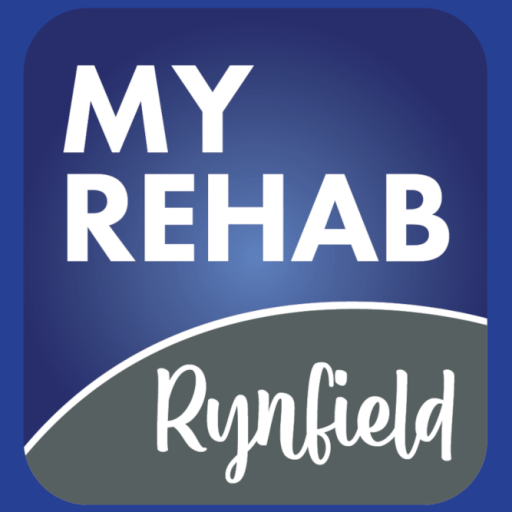The first step in resolving addiction-related criminal charges or legal issues is to seek legal representation. An experienced criminal defense attorney can help you understand the charges against you and the potential consequences. They can also advise you on the best course of action and represent you in court.
Another important step is to address the underlying addiction that may have led to the criminal charges or legal issues. This may involve seeking professional help such as addiction treatment, therapy, or counseling. By addressing the addiction, you can work to prevent future legal issues and improve your overall well-being.
In some cases, it may be possible to enter a diversion program or a plea bargain. These programs provide an alternative to traditional criminal proceedings and often involve treatment, therapy, and community service in lieu of imprisonment. Diversion programs are often used for non-violent offenses and it’s important to have a defense attorney to help you navigate the process.
It’s also important to be aware of any potential legal consequences that may affect your future, such as a criminal record, and to have a plan in place to address them. This may include seeking a record suspension or expungement.
It’s important to be aware of any court orders or conditions that are set for you and to comply with them. This may include probation, community service, or treatment programs.
Remember that addiction is a disease, and it should be treated with the same level of compassion and understanding as any other medical condition. With the right treatment and support, you can overcome your addiction and put your legal issues behind you. It’s important to keep in mind that your actions have consequences and that you should always be willing to take responsibility for them and make amends.

